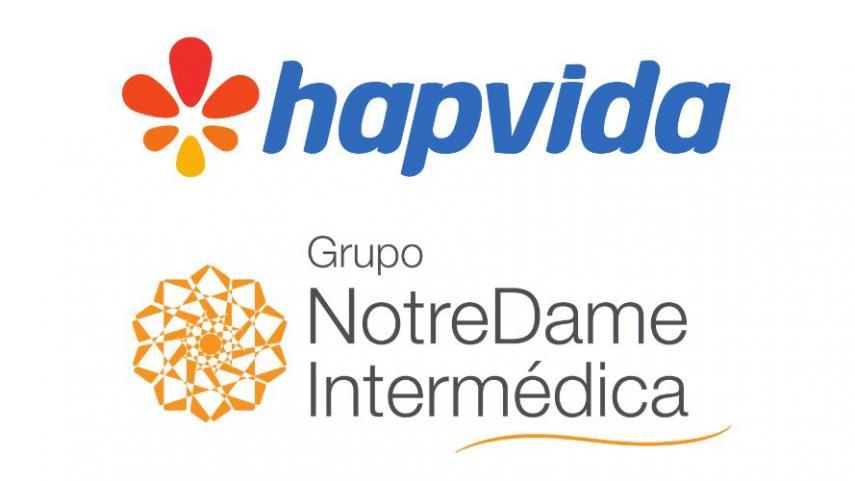Cash transfer programs are taking up more space in the government’s welfare budget. The change gained strength with the pandemic and tends to continue at least this year, with cash transfer program Auxílio Brasil. At the same time, some public policy experts warn that the federal government has paid less attention to social programs that are considered more complex to execute, compared to those that distribute income directly.
Between 2018 and 2021, the share of direct transfer programs within the welfare budget rose to 48.3% from 34.8%, according to figures obtained by Valor from the Transparency Portal. The big hike came in 2020, in the first year of the pandemic, when emergency aid caused direct transfers to exceed R$300 billion. The number fell back in 2021 but remains much higher than before the pandemic.
“The forecasted expense with Auxílio Brasil [for 2022] is almost equal to the expense of social programs in 2021,” says the Senate’s agency Independent Fiscal Institution (IFI) in its latest Fiscal Monitoring Report. This year’s budget foresees R$89.1 billion for Auxílio Brasil, against R$90 billion last year, considering Auxílio Brasil itself, the emergency aid, and former program Bolsa Família. But the IFI points out that “the amount [for 2022] represents a significant advance over” the R$38.1 billion spent on Bolsa Família in 2019.
“At least during the pandemic, cash transfers gained relevance, while in other components of social policies there was a drop in resources when they were most needed,” says Marcelo Neri, director of FGV Social, the Center for Social Policy at the Fundação Getulio Vagas. He mentions two examples of policies that have lost resources in recent years: one aimed at homeless people, whose expenses went to R$ 52 million in 2020 from R$94 million in 2017; and the other is to combat child labor, whose expenses went to zero in 2020 from R$69.9 million in 2017.
But he also sees problems in the way the cash transfer policy has been implemented. “It’s a generosity that happens in a kind of erratic, impulsive way, which is not good because stability and predictability are more to the poor than to any other segment,” he says, regarding the transition of social programs in recent years and the uncertainty about the situation of Auxílio Brasil next year. Currently, the payments are forecasted until the end of 2022 only.
FGV establishes R$261 per month per person as the poverty line in Brazil. According to Mr. Neri’s calculations, the number of people below this line increased to 27.6 million in October last year from 23 million before the pandemic.
This is because the R$400 minimum per family of Auxílio Brasil “does not take into account the size or the degree of poverty” of the family group. “Besides, there was a weakening of the health and education conditionalities that are so necessary,” he says. “In short, social policy loses focus and durability.”
Rafael Osório, from the Institute for Applied Economic Research (Ipea), recalls that “the fiscal situation got much worse as of 2016,” which caused several social programs to be canceled or lose importance, such as Literate Brazil and the Food Acquisition Program.
“There is a big fiscal constraint, and it is of no use pretending that it doesn’t exist. But it would be important for the options to be clearer, and this doesn’t always happen,” he says. “The society needs to understand that there are priorities, that you can’t do everything at once right now.”
Naercio Menezes Filho, professor of the Ruth Cardoso Chair at business school Insper, says, “if we think of a global budget, there are so many bad programs to cut before we get to the social area, such as subsidies for rich families in other states, sector funds.”
Still, he argues that direct transfers “are the most effective thing the government can do.” According to Mr. Menezes Filho, this type of program brings benefits on several fronts, such as poverty reduction, improved health, education, and family consumption indicators, while not reducing job offers for mothers.
But he also states that the cash transfer programs implemented in Brazil in recent years are only enough to lift families out of extreme poverty. For the Insper professor, it is necessary to go a step further, making these families overcome poverty as well. “A family that can’t buy clothes, pay for transport or rent generates a lot of stress, and this stress is transferred to the child who can’t develop his cognitive skills properly.”
However, he recognizes that the values in this case “would be high”, reaching R$ 2,000 per month for a family in São Paulo, for example.
In a study done for Millenium Institute and anticipated to Valor, researchers Vinícius Botelho, Fernando Veloso and Marcos Mendes say that “Auxílio Brasil has brought few advances in the social agenda” of the country. According to them, the program does not “create mechanisms that guarantee that low-income families acquire conditions to provide for their sustenance in the long term.”
“Although there was an expectation that cash transfer programs would allow the intergenerational overcoming of poverty, mainly through health and education, their effects in this direction were quite limited,” they say.
For the group, “it is crucial that the social protection agenda be resumed in Brazil”, with short-term poverty reduction and “long-term solutions”. “All this within a budget that does not overburden public accounts,” they say, pointing out that “Auxílio Brasil will have a cost 2.5 times greater” than that of Bolsa Família “with limited gains in terms of poverty reduction and inequality.”
Economy Minister Paulo Guedes often defends the importance of cash transfer to combat poverty, citing the concept of basic income developed by American economist Milton Friedman. “It is better [to do] cash transfer to the most fragile than to create a ministry, which passes the money to another ministry, which gives money to a public bank, which will give money to an agent, which will then pass it on to the most fragile,” he said last week.
The presidential message sent by Jair Bolsonaro (PL, Liberal Party) to Congress last week said that “through Auxílio Brasil, the government will continue to prioritize the integration of various public policies of welfare, health, education, and employment so that the citizen is guaranteed not only the cash transfer but also achieve socioeconomic emancipation and autonomy and exercise full citizenship.”
Source: Valor International
https://valorinternational.globo.com

/i.s3.glbimg.com/v1/AUTH_37554604729d4b2f9f3eb9ad8a691345/internal_photos/bs/2022/9/5/LlnliySMiVTZ88E8tmyQ/09emp-100-mater-b5-img01.jpg)

/i.s3.glbimg.com/v1/AUTH_37554604729d4b2f9f3eb9ad8a691345/internal_photos/bs/2022/C/b/EvzUJOSbAwTcAgwTbY0A/09emp-100-gd-b2-img01.jpg)





/i.s3.glbimg.com/v1/AUTH_37554604729d4b2f9f3eb9ad8a691345/internal_photos/bs/2022/B/9/qR2HApR5WgesQAA6PuJA/07emp-200-superb-b4-img01.jpg)